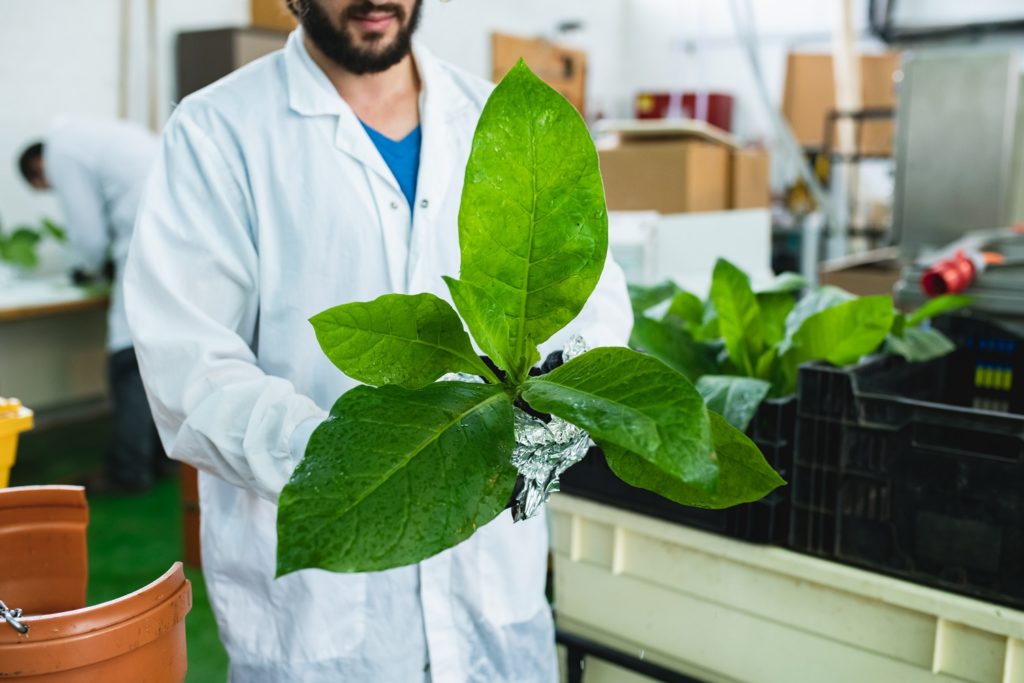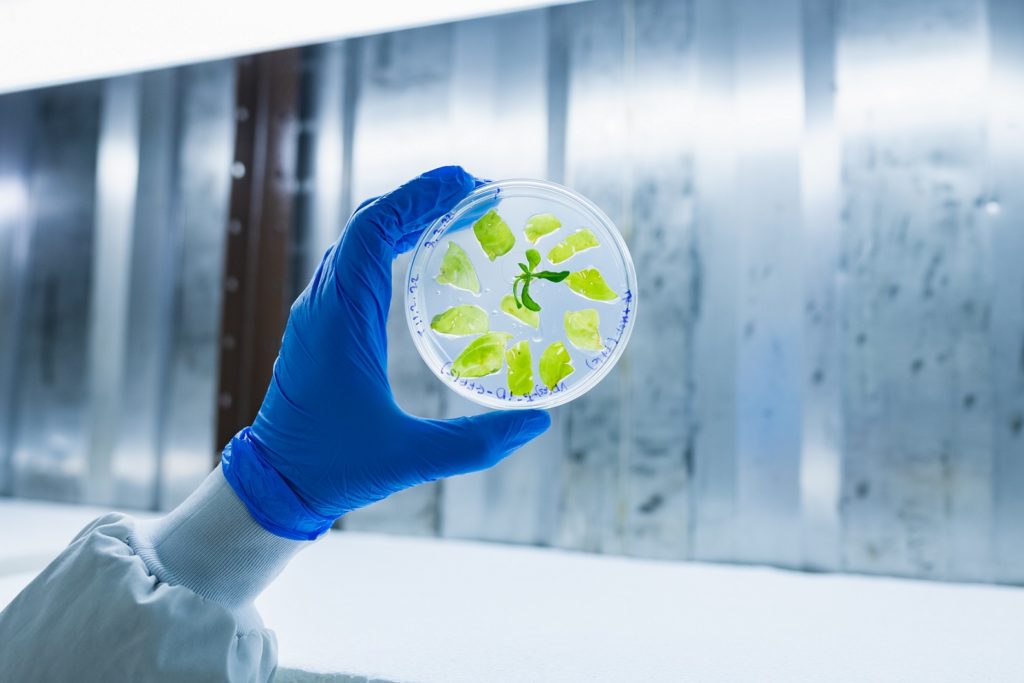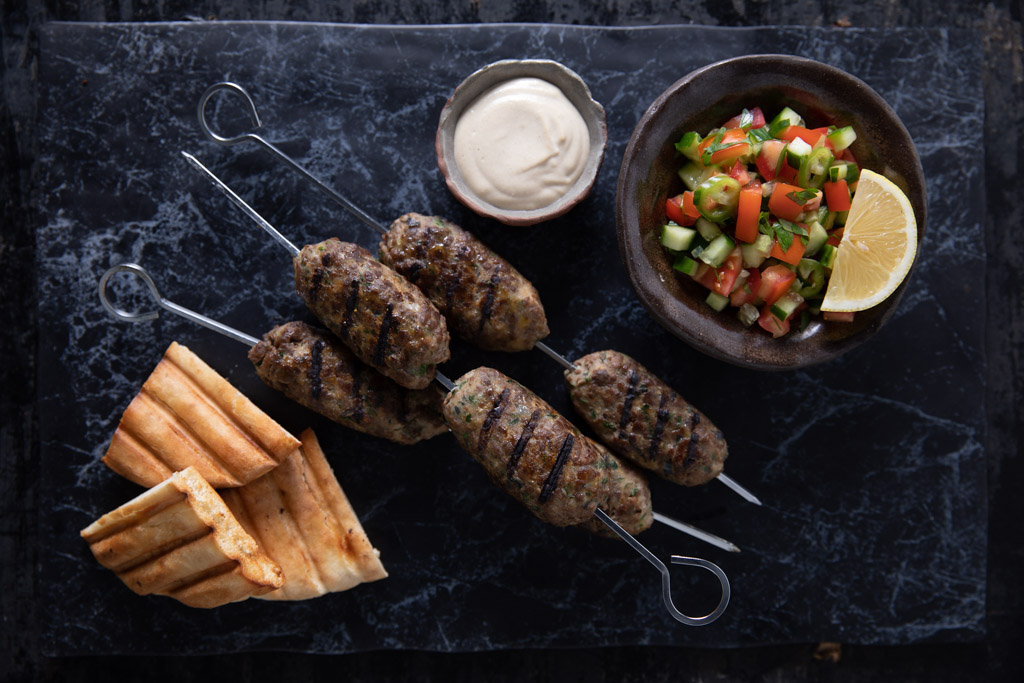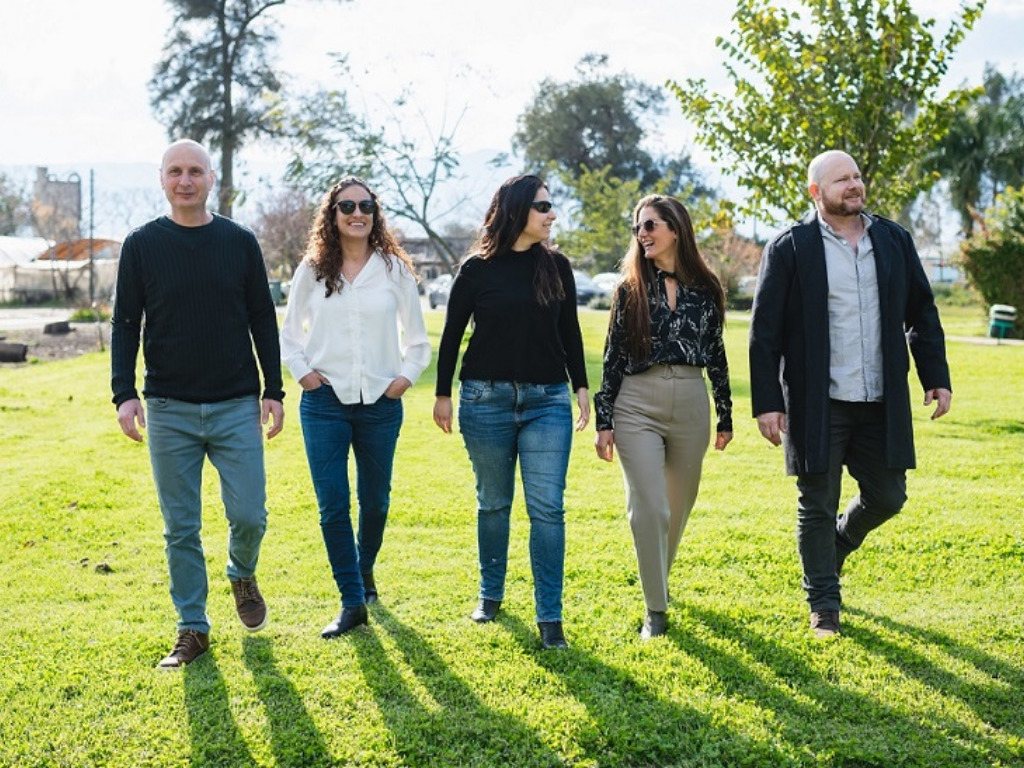4 Mins Read
BioBetter has revealed it is using tobacco plants to drive down costs associated with cultivated meat production. Citing scaled production as the remaining big obstacle for the industry, the startup has identified a way to harness tobacco plants. For the good of human and planetary health, BioBetter is using them to create growth factors essential in cultivated meat development, an industry it describes as “inevitable”, at a fraction of conventional costs.
The so-called landmark botanical breakthrough represents an optimistic option for startups emerging from their initial proof-of-concept phases. Unless extensive funding is already in place, moving from initial prototyping to scaled production testing can be cost-prohibitive. This stunts progress and creates a bottleneck in the cultivated sector. BioBetter aims to widen the gap by introducing a new cost-effective platform, by manufacturing thousands of tons of animal-free growth factor every year, at a cost of $1 per gram. For context, Tiamat Sciences spoke of conventional factors costing in the region of $2 million per gram, back in November last year.

Why tobacco plants?
BioBetter was founded on the principle of discovering positive uses for tobacco plants. Previous startup projects included the creation of an autoimmune disease treatment called ‘Humira’ before the focus shifted to supporting the cultivated meat sector. $5 million has been raised via private investors to support the development of its growth factor production platform.
BioBetter has demonstrated that tobacco plants make for naturally efficient bioreactors. Using renewable energy and sequestering carbon dioxide, they offer an environmentally aware alternative to resource-heavy equipment. BioBetter has sought to maximise growth protein yields by utilising open-field plantations, whereby plants self-sustain and can biodegrade when necessary.
“There are multiple advantages to using Nicotiana tabacum as a hardy vector for producing GFs of non-animal origin,” Amit Yaari, PhD, CEO of BioBetter explained in a statement. “It is an abundant crop that has no place in the food-and-feed chain due to its extremely bitter taste and content of undesirable alkaloids. The global trend for reducing tobacco smoking also is raising concerns among tobacco growers that the crop might eventually become obsolete. Yet the tobacco plant has huge potential to become a key component in the future of food.”
BioBetter has noted that the four annual growing cycles and year-round harvesting that tobacco plants are capable of allows for a consistent source of natural bioreactors.

How do the plants support cultivated meat growth?
Cultivated meat depends on culture mediums. These contain all the essential amino acids, nutrients and growth factors that meat cells need to grow and reproduce. Most mediums are prohibitively expensive due to the expense of individual growth factors and the difficulty in sourcing large quantities of them. Alternatives are being developed, using fermentation techniques, but these are reliant on costly equipment and extensive purification processes. The result is little, if any, money saved and a time-heavy endeavour.
“The Good Food Institute determined that approximately a 100-fold reduction in insulin and transferrin costs is required to make cultivated meat economically viable,” Dana Yarden, co-founder of BioBetter said in a statement. “It is estimated that growth factors and cell-culture media can constitute 55 to 95% of the marginal cost in manufacturing cell-based foods.”
BioBetter claims to have set itself apart by leveraging tobacco plants as large-scale growth factor production platforms. Using proprietary protein extraction and purification technology, the startup purports to use almost the entire plant to deliver purified products in large volumes. BioBetter currently sources tobacco plants from local growers, but global ambitions have been alluded to.
The startup has not divulged its full process, nor offered explicit transparency about how it leverages plants as bioreactors. It has, however, claimed that its open-field cultivation and in-house purification process has driven down the price of manufacturing growth factors significantly, to the $1 per gram region. If accurate, it offers widespread cost-efficiency potential for the cultivated meat sector.

Israels’ big players
News of a cost-effective and domestic growth factor will be welcomed by Israel’s surging alt-protein industry. Showing a 450 percent increase in investments last year, the sector is demonstrating incredible growth, with the cultivated sector driving progress.
In December last year, Future Meat revealed it had scooped $347 million in a Series B raise. Representing the largest of its kind in the global cultivated sector, it was earmarked for “massive expansion”. R&D was included in plans, with a focus on further driving down manufacturing costs, following previous successes with serum-free media formulations.
Aleph Farms is looking to bring down operational costs as well. The cultivated innovator revealed an open-source agreement with Munich-based Wacker at the end of last year. The latter will be supplying food-grade growth medium proteins for Aleph’s cultivated meat developments. The agreement is non-exclusive in a bid to support the industry as a whole and encourage faster moves to market and price parity with conventional meat.
Lead photo of BioBetter management team, supplied by BioBetter.





